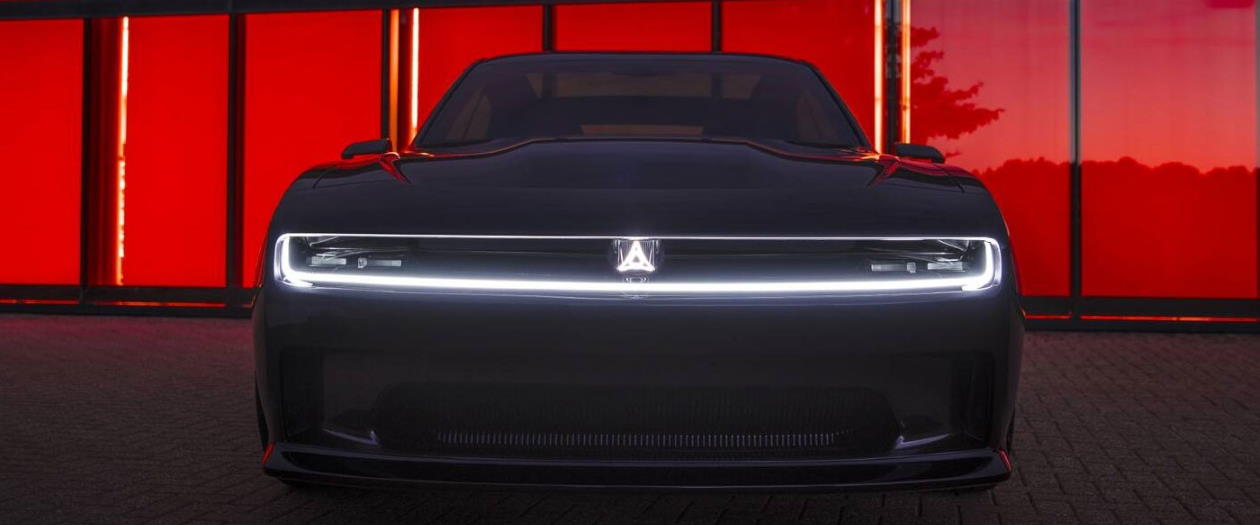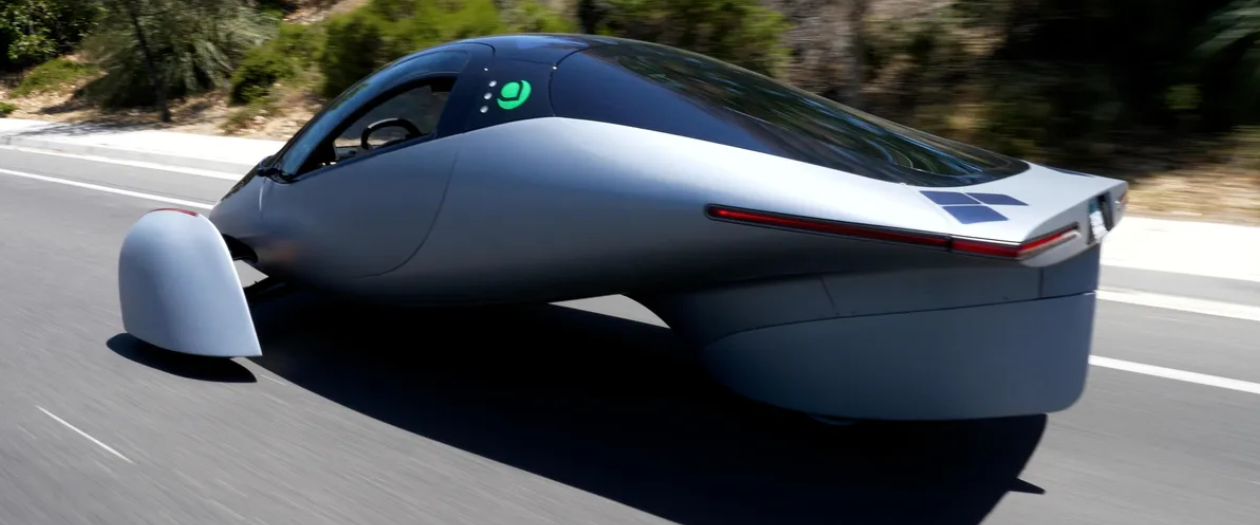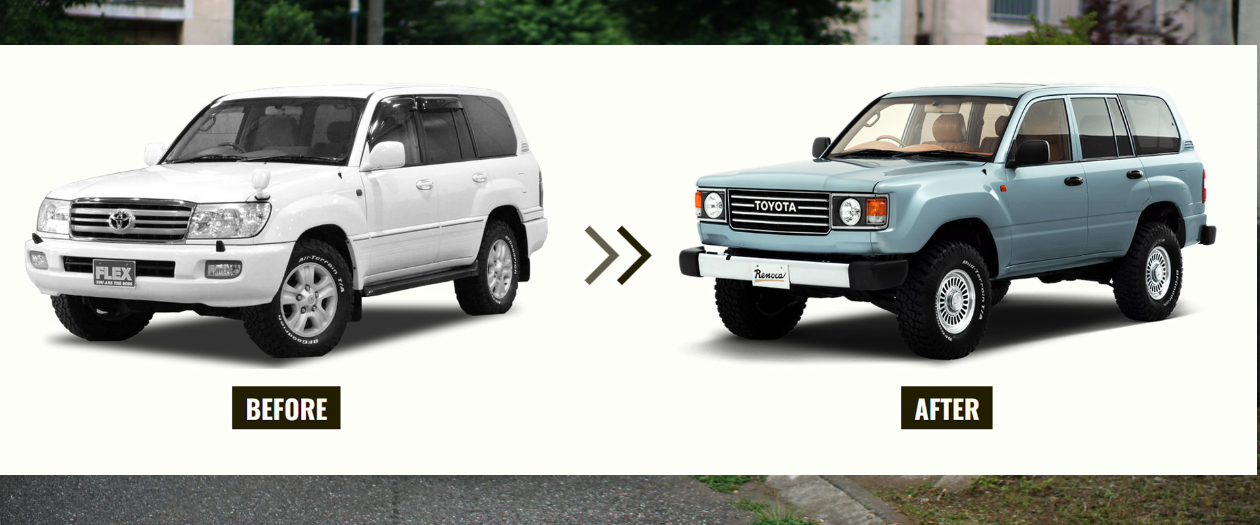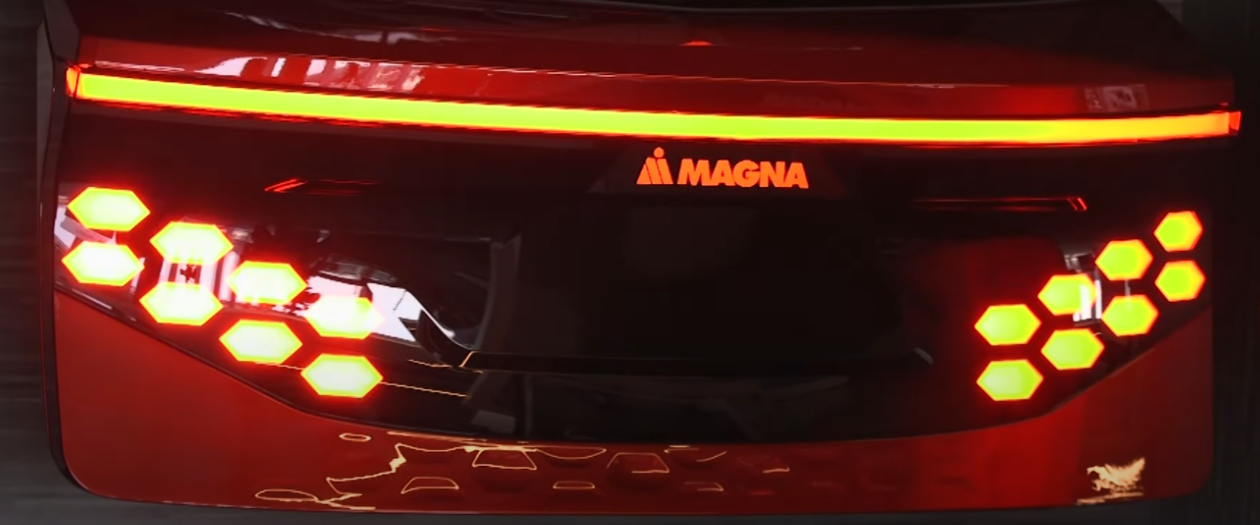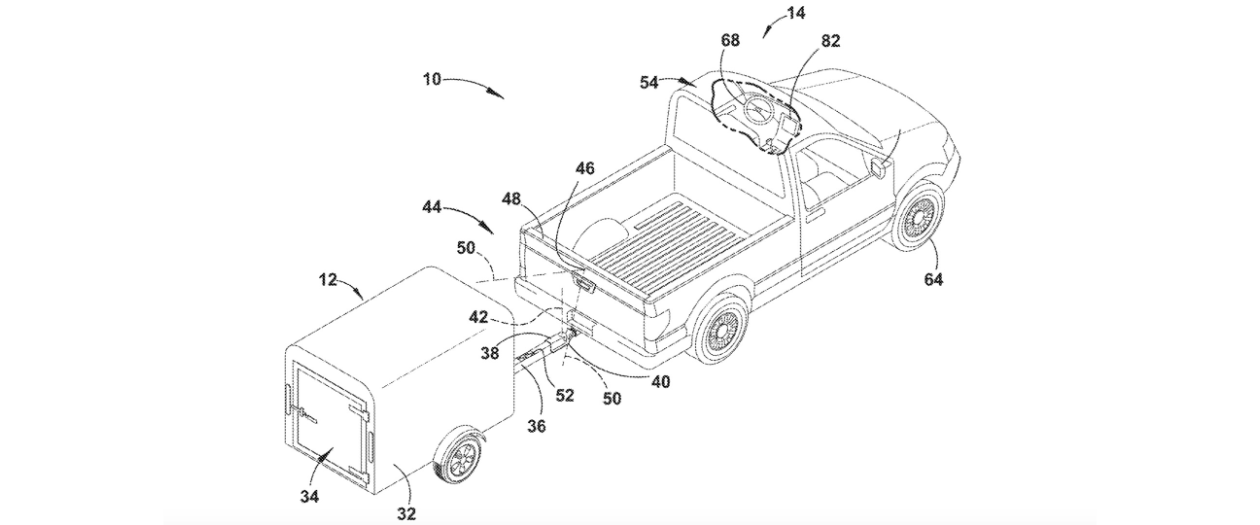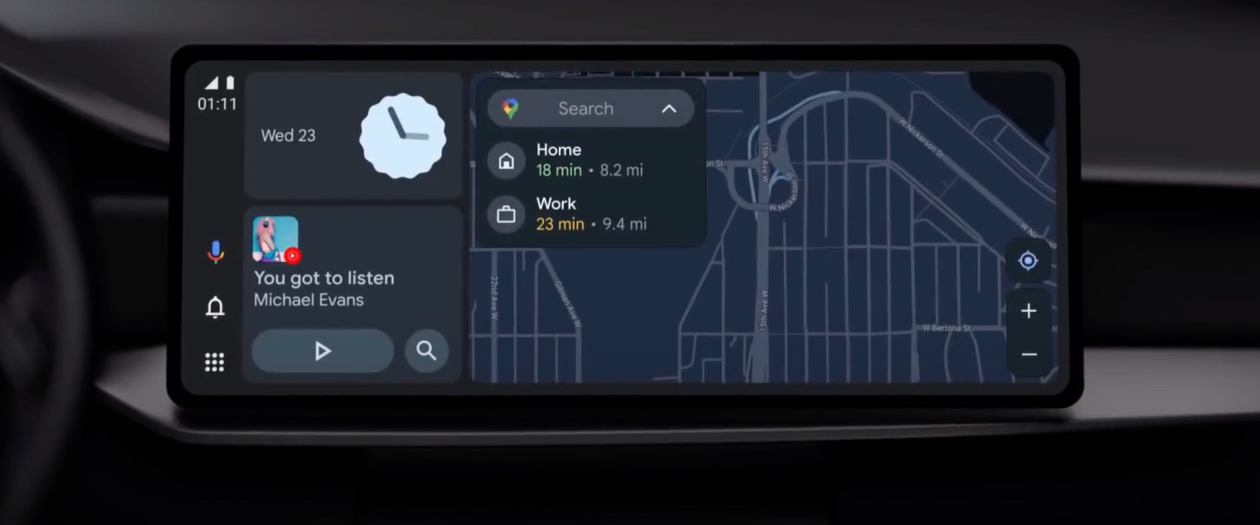Do it yourself style automotive hacks can be tempting. Finding a cheap, easy fix to a problem instead of shelling out the cash for a proper solution would appeal to anyone. But sometimes they have hidden issues. In this case, we’re talking about using bug spray to de-fog your headlights.
You may or may not have heard of this trick. Spreading around social media, the idea is that you would spray bug repellant on your headlights and wipe it away. Doing so would remove any fogginess they had. But can it be trusted? Fortunately, Jalopnik’s Jason Torchinsky did some experiments of their own to find the answers.
So, does bug spray clear up foggy headlights?
Technically: yes.
But there’s a hidden concern. Torchinsky tried this for themselves on a Volkswagon Tiguan. And like the internet said, they were crystal clear almost immediately. But to their dismay, it was replaced by a white, cloudy material not long after. Even after cleaning the white material off, it would only return. So to find an answer, they looked closer into how bug spray works.
Bug repellant contains DEET, a weird name for a particular chemical that’s better than most things at hiding the smell of a human to bugs. As it turns out, DEET is also a somewhat effective solvent, capable of melting soft plastics. And therein lies the issue.
What was happening was that when the bug spray was applied to the headlights, it would melt away the top layer of the plastic shell. This helped it get rid of the scratches and abrasions that happen over time, causing the foggy look. But with the plastic now softened, it was especially susceptible to new scratches, markings, and oxidation.
Fortunately, Torchinsky found a clever way to save themselves from their mistake. They found that by applying a coat of orange oil cleaner to the lights and letting it soak in, they established a protective coating of sorts that kept that white blemishing from returning.
Final results: Don’t use bug spray to clear up your headlights.
While, if done carefully and correctly, it could work, it’ll likely result in a different, but equally ineffective outcome in the end. Trust proper products or replacements, instead of this improvised idea.
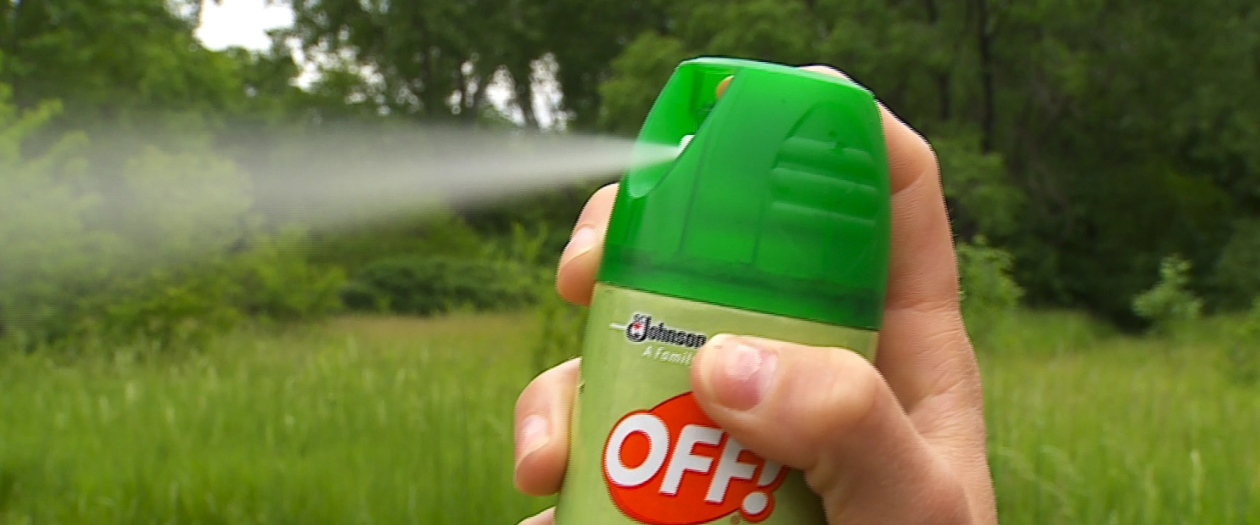
Why You Shouldn't Spray Bug Repellant on Your Headlights
Posted By: LizardRock | 0 Comment(s)
Posted On: Jul 26, 2021 @ 02:56 PM

